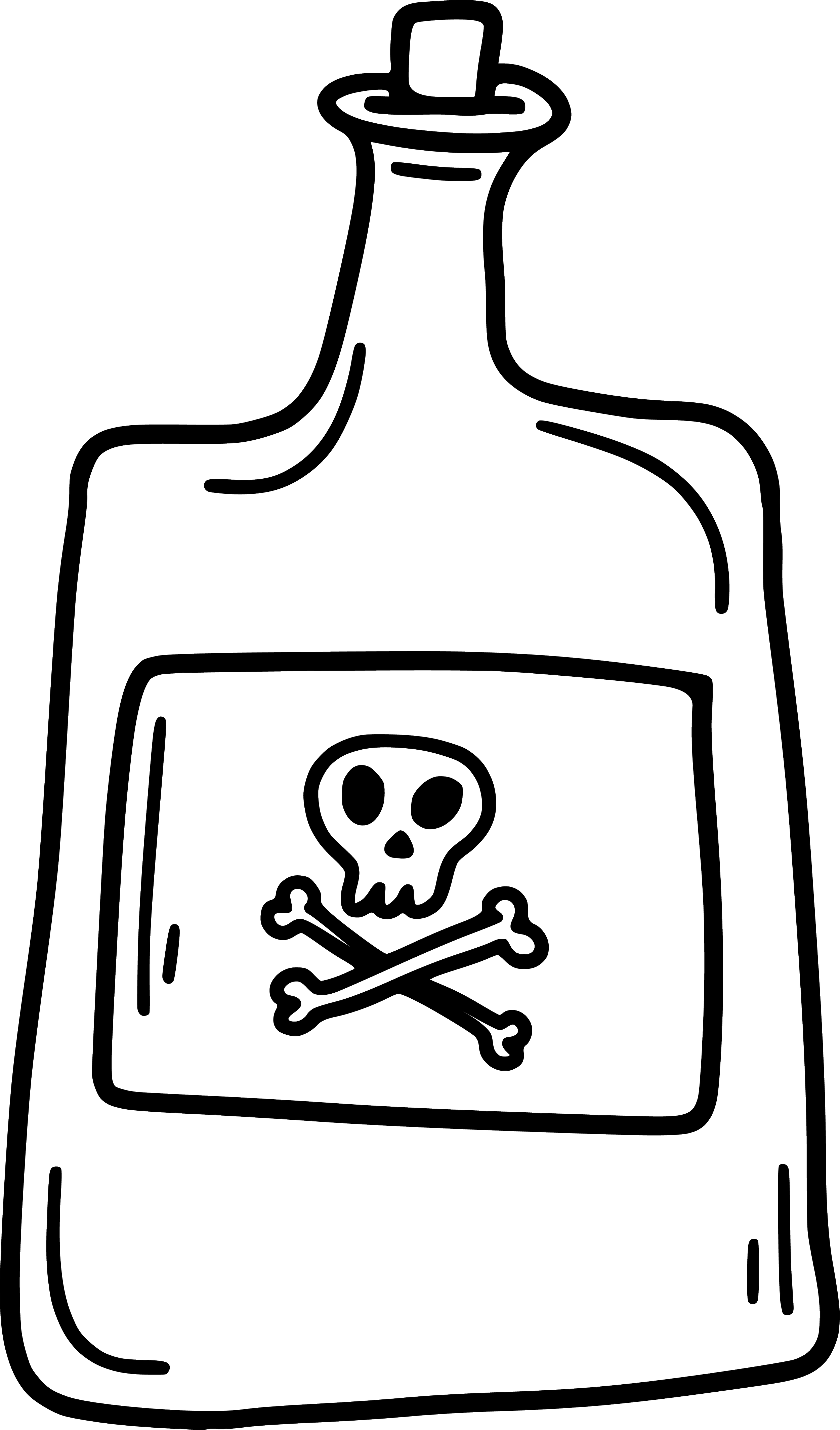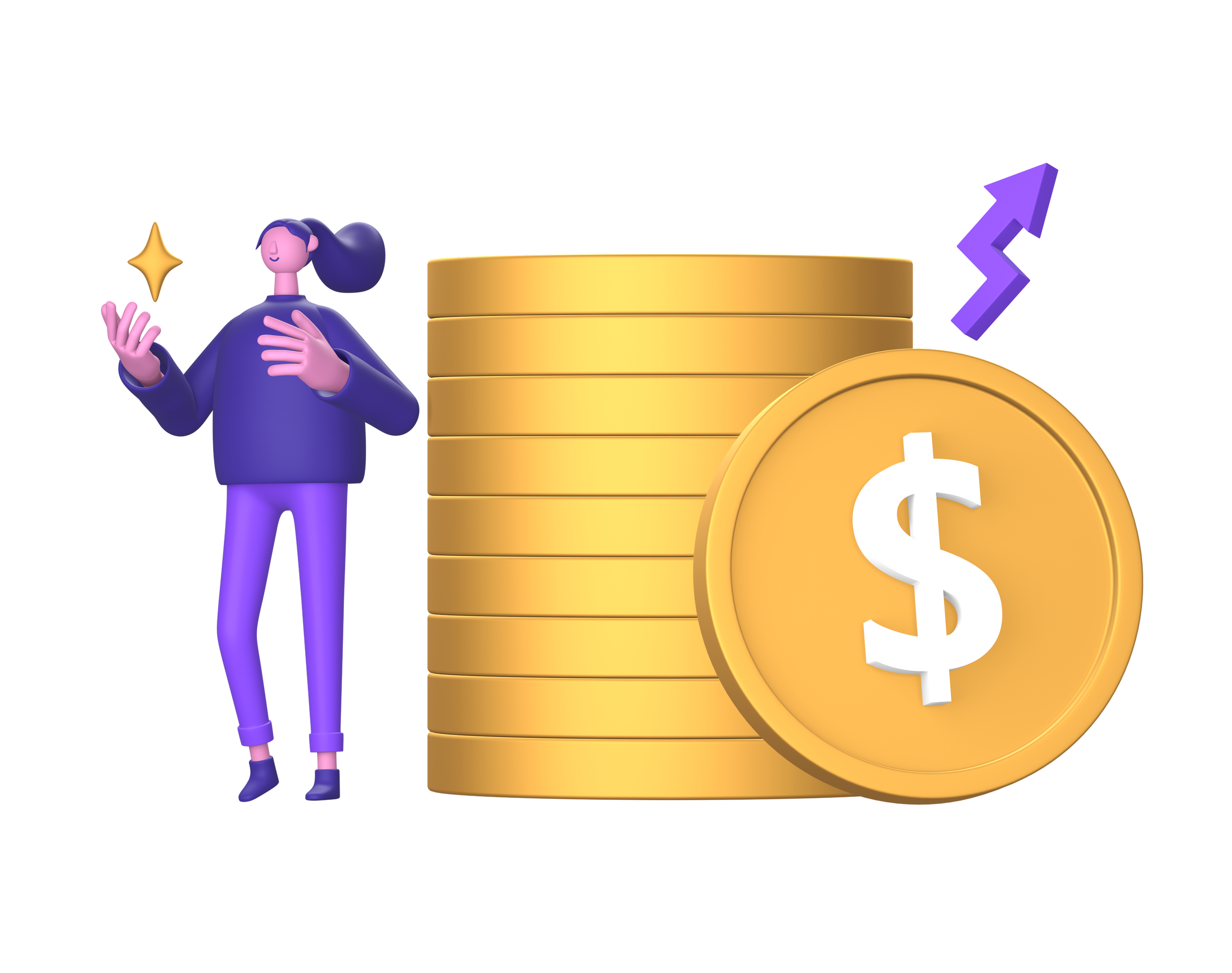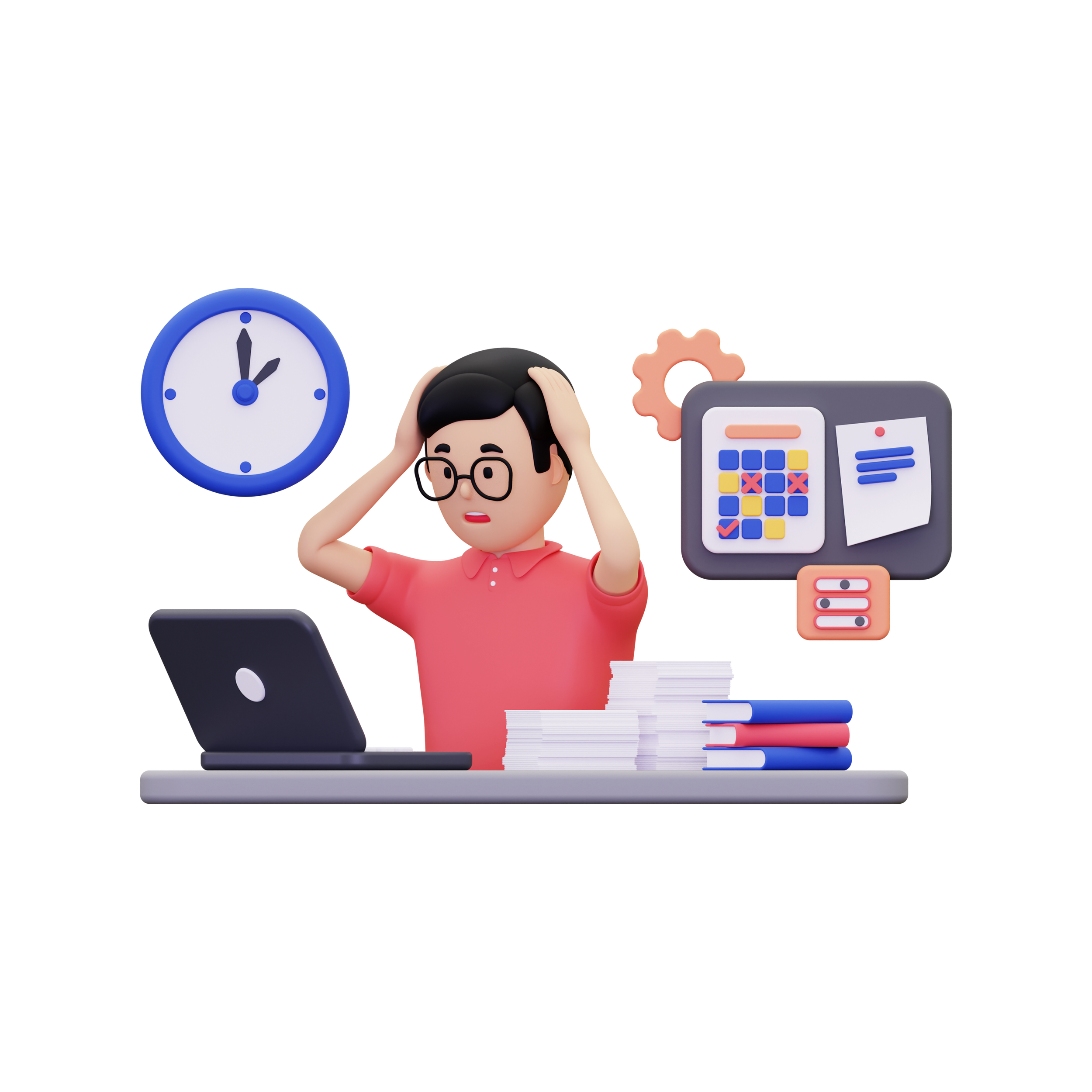How Stepping Away from a Productivity-Focused Mindset Got Me $10,000
As I sat down to write this article, I found myself struggling even to understand where to start.
You see, productivity can be good, it can be great even - particularly when optimizing productivity to meet your individual and business needs. But when it’s done in a way that forces you to work against yourself and within a toxically capitalistic framework it can be downright destructive and ultimately cost you thousands of dollars.
I should know - after foregoing a productivity mindset, I successfully applied for and received a grant of $10,000 to provide mental health workshops to the Wyoming public in 2021.
If you’re not sure what I mean by this, consider these key ideas:
1. Productivity is inherently capitalistic
Productivity is a means of production. It is designed to extract value from your time and labor. The more productive you are, the more money or other end-game value, you generate.
Likewise, capitalism is an economic system that is “characterized by private ownership of the means of production, especially in the industrial sector, with labor paid only wages.” Capitalism upholds the value of productivity as a means to make money to survive. To work you must be productive and learning productivity “hacks” can allow you to optimize your time, energy, and funds to generate the most value.
3. If capitalism can produce negative psychological impacts, it follows that the pursuit of productivity might also be harmful
Capitalistic ideals that promote material outcomes as the only positive type of outcome have resulted in a culture that puts a premium on efficiency and effectiveness. We are constantly trying to do more with less. Productivity hacks are everywhere, and it’s easy to feel like we are being bombarded with pressure to do more, be better, and achieve more. This can harm our psychological well-being. If capitalism creates stress and anxiety, then how much more so will the pursuit of productivity and holding ourselves to high standards?
2. Capitalism breeds toxicity
Toxic capitalism is a term used to describe capitalism gone awry and creates harmful consequences on the economy, the environment, individuals, and communities. Often, this type of toxicity is the result of worker exploitation, the widening wealth divide, excessive consumption, environmental degradation, and what we will choose to focus on, negative social ideologies of worth and value.
On that last point, in toxic capitalism, our worth is determined by what we can produce. If we are unable to contribute to society in a ‘meaningful and productive way’ (aka by contributing our labor in exchange for money or other concrete items) then we are viewed as unproductive, unhelpful, unworthy, and lazy.
This mentality can be incredibly harmful. As Anna Zeira details in her scientific article, Mental Health Challenges Related to Neoliberal Capitalism in the United States
“When a person’s self-worth is determined by material factors[…] their self-esteem is vulnerable to fluctuations […]Putting high values on the status and constantly competing and comparing oneself to others is exhausting and does not provide what humans need for fulfillment (James, 2008).”
As Zeira states, capitalism (in this instance neoliberal capitalism) material factors, and status competition result in decreased mental health which can result in adverse behaviors and a distorted sense of self.
My Experience Bucking Productivity to Achieve My Goals
In 2021, I was working a full-time job from home while working with a friend to produce a short play I had written across the country in Wyoming. Our hope was to aid in the facilitation of mental health workshops that would utilize the play to jump-start discussions around grief as it relates to COVID-19.
We were able to drum up community interest and receive support from organizations that would allow us to leverage their platform to present the workshops but developing and transporting the production to Wyoming presented a challenge. At the end of the day we needed capital and I (wrongfully) assumed that that meant connecting and applying to grants, funds, and organizations within the most efficient means necessary and believing I was only successful if we were approved for grants or if I was able to effectively optimize my day and apply to five grants a day.
As you might imagine, this led to failure.
I was equating my success to how much I could produce, how much more money I could make, and how much more productively I could use your time… I was asking how much, how much, how much when I should have been asking why and who. I had begun to define success as producing as much as possible, measuring my own productivity and efficiency to an obsessive level. At the end of every day, I felt ragged, raw, and drained, and never felt like I was enough or doing enough. The quality of my work was suffering and I couldn’t even imagine how to fix it.
My friend, a meditation and yoga teacher, eventually sat me down for an intervention,
“You are more than what you produce and rest is natural. Even the moon must ‘rest’ before it can even begin to work towards becoming full again.”
Message received loud and clear.
By releasing my productivity-focused mindset that dictated that I was a failure if I wasn’t working all the time, I was able to reclaim my time and energy. This gave me the freedom to be present in each moment, rather than constantly worrying about what was next on my list of things to do. It also allowed me to return more softly to the why and who of our project.
With a new softer approach outside of a productive framework, I began to apply for grants and funding. I threw everything I knew out the window and listened to myself and my body. When it seemed as if I couldn’t write a single word on a page I would take a break and meditate or walk outside and when I returned to work the words tended to flow like warm honey.
And it worked! Now able to work with less stress, less anxiety, and more joy, I was able to secure $10,000 in funding that allowed for the successful implementation of our project. By hearkening back to why and how, while removing ideas of what progress or success was supposed to look like, I was able to achieve more than I ever thought possible.
Does this mean I’ve foregone all productivity apps and strategies? Not exactly…
Neither capitalism nor productivity is inherently toxic- however, I believe that they both easily can become toxic. I feel that there is a time and a place for productivity hacks, and I intend to continue to use mine daily.
The difference is that I now create daily check-ins that measure how engaged I am to a metric of success or productivity. Instead of measuring my success by the amount of time I spend on the apps or how much I get done, I am now more focused on the quality of my time spent and the value of the things I have completed.
As a freelance writer and founder of BitterRoot Content, the softness of my productivity is important to me. I need to be able to write well, and I need to be able to do it fast enough that my business is still profitable for me. Discovering and navigating where these ideas meet is the key to my success and something I understand to be a lifelong journey.
So I invite you to try this, the next time you find yourself driven halfway mad from acts and ideals of productivity, take yourself out for a walk in the woods….you might just run into me!



